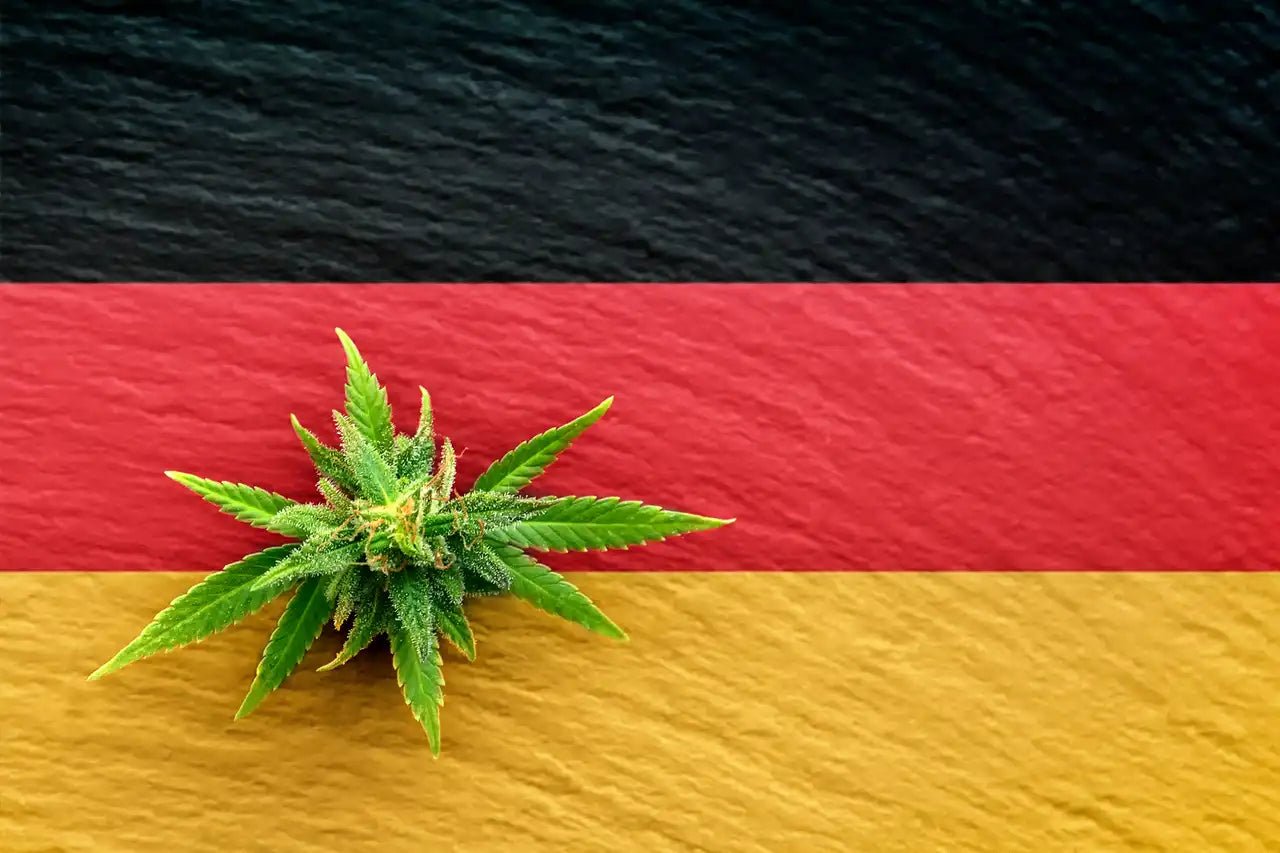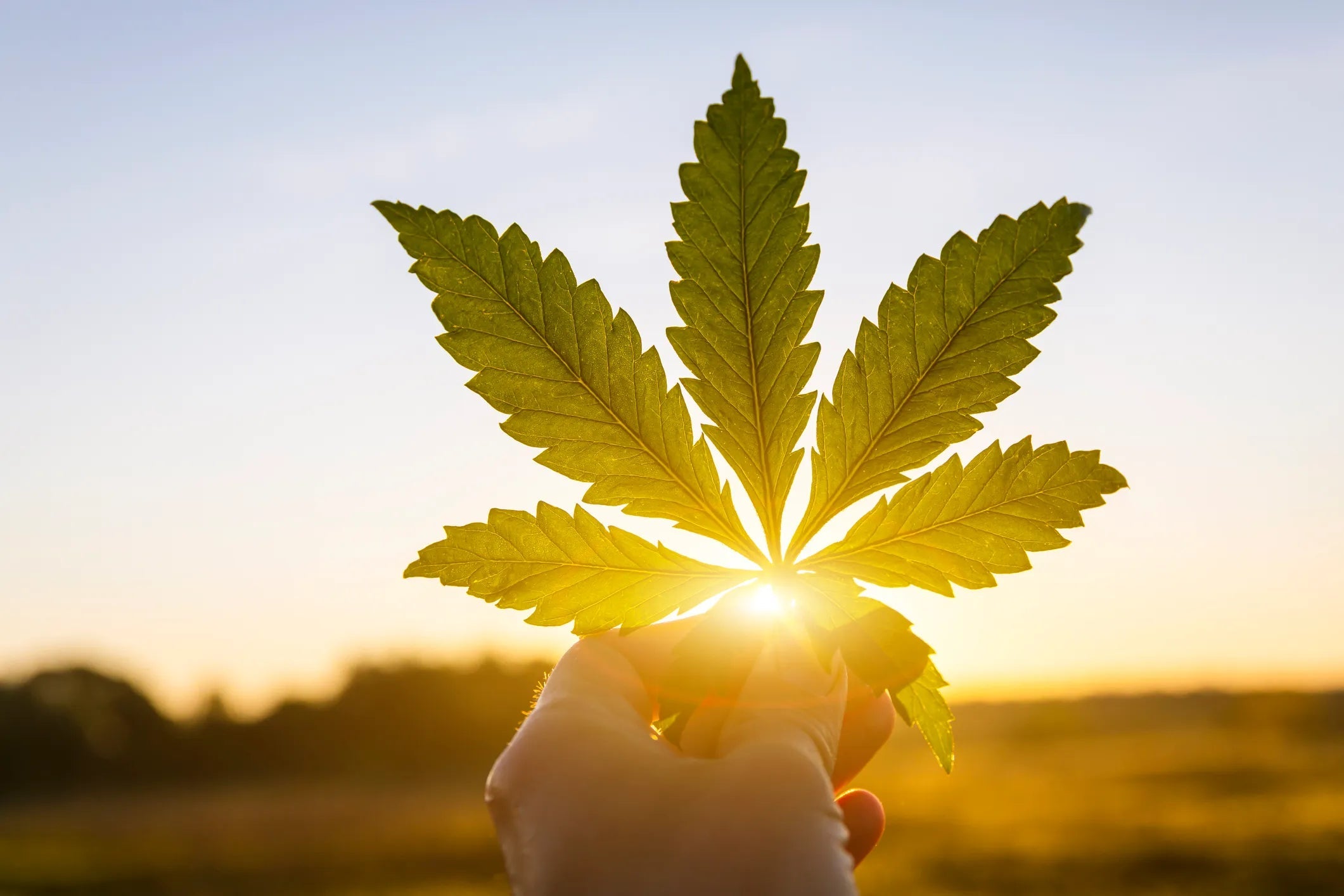In a recent interview, a few of the leading advocates for the market space shared their views on the future of hemp-based THC-infused drinks as alternatives to beer, wine, and spirits.

Historians often highlight specific political, social, and cultural events that demonstrate a clear break between the "old century" and the "new." For many 19th/20th-century historians, some of the more indelible events and innovations that created clear distinctions between the two centuries included the inventions of the radio, airplanes, and motion pictures.
On the social and cultural front, they would point to the women's suffragist movement and the African American Civil Rights movement as critical shifts in human thought, ushering in a distinctive focus on human rights and the beginning of a hopeful end to the vise grip of the white male patriarchy.
For the current crop of historians evaluating the differences between the 21st and 20th centuries, there is also a growing list of items, events, and societal shifts that show definitive changes between the last and current centuries, chief among them being the rise of the internet, social media, and a similar civil rights movement for the LGBTQ+ communities.
The way humans view their world and their place in it has been profoundly transformed by rapid technological advancements and the subsequent shrinking of the world as a result. However, a somewhat underreported and underappreciated shift has also occurred regarding attitudes toward alcohol.
Following the end of the ill-conceived and violently calamitous period of alcohol prohibition between 1920 and 1932, alcohol became the undisputed king of legal and regulated drugs in America and globally. It is still the most popular and economically lucrative vice of choice for a majority of Americans.
According to statista.com, total revenue for all beer, wine, spirits, and all other alcohol-related beverages topped $176 billion in 2023. Likewise, that number is expected to exceed $205 billion by 2028. However, despite those substantial financial numbers, a new competitor is beginning to emerge as the 21st century approaches the one-quarter mark.
Following the end of the COVID-19 lockdowns, a new concept began cropping up around the country known as "Sober Curious." According to the Food Institute, Sober Curious is a social wellness movement involving individuals self-selecting from alcohol consumption without abstaining from drinking altogether.
The movement calls on people to take time to explore their relationship with alcohol and to experience the physiological and psychological benefits of shifting focus away from consuming alcoholic beverages. Instead of the rigid and strict "cold turkey" approach of total abstinence encouraged by various addiction recovery communities, sober curious allows for a more gradual method for assessing one's personal connection to alcohol and social drinking.
This new-century way of thinking about alcohol also coincided with the rise of the cannabis reform movement as well as the legalization of hemp by the 2018 Farm Bill. With 23 states now having legal adult-use marijuana markets in place and over 80% with some form of medicinal marijuana program, access to cannabis has created a shift in consumer habits, particularly among members of Generation Z.
According to the State of Cannabis Report by Eaze, a marketplace for legal cannabis, Gen Z comprised 25.8% of all new cannabis customers in 2021.
As a result, the marketplace has exploded with a vast array of zero-proof brands, THC-infused and other functional beverages, and specialty bars catering exclusively to the non-alcoholic drinker. For example, the rapidly expanding functional beverage market includes drinks containing vitamins, minerals, dietary fibers, probiotics, adaptogens, CBD, THC, and other body-beneficial or mind-altering offerings.
Furthermore, the N/A sector is also good business for aspiring entrepreneurs seeking to enter the market. As first reported by the IWSR, the industry has grown from $7.8 billion in 2018 to $10 billion in 2021 across numerous global markets, including the U.S., Canada and Japan.
While the new sector is no immediate threat to Big Alcohol, much like the automobile to the horse and buggy at the turn of the 20th century, this new product sector could be the future of adult recreational beverage consumption for this current and still-developing century.
To help provide insight into the hemp-derived THC-infused beverage market along with where they see it heading in the next five to ten years, a few leading industry experts and advocates sat down with Daniel Crocker of Spill the T (HC) to discuss their vision for the exciting and burgeoning market place.
For his piece entitled "How Can Hemp Beverages Be Effectively and Safely Regulated," Crocker spoke with Diana Eberlein (VP of Marketing/Business Development at Sorse Technology, President/Chair of the Cannabis Beverage Association), Christopher Lackner (Founder/President of the Hemp Beverage Alliance), and David Gonzalez (Founder of Fizzy THC, Head of Growth at Hemp House MN).
Discussion topics included handling "bad actors" introducing potentially harmful unregulated products to consumers, especially underage minors, the all-important Farm Bill's renewal status, dosing caps, and what regulatory agency is best suited to monitor the sector down the road.
All three universally agreed that better regulatory oversight was needed to address the issue of bad actors on the beverage side of the business as well as with edible and smokable hemp-derived THC products.
Gonzalez and Lackner echoed similar sentiments regarding the Farm Bill, saying that they expected the bill to be renewed with few or no changes. Gonzalez shared his belief that there could be a "5-year extension and that, if anything, a raise to 1% THC instead of 0.3%." The increase is a significant lobbying point for hemp stakeholders as it would allow farmers to cultivate more potent hemp, allowing operators to use less biomass when extracting THC.
Lackner shared that his organization, Hemp Beverage Alliance, has been in close touch with the U.S. Department of Agriculture, which also believes the bill will remain predominantly unchanged.
All three had similar viewpoints regarding dosing, with a consensus that it could be a few more years before the market settles on a "standard dose." However, based on the alcohol model, Gonzalez believes it will end up somewhere between 2.5 mg - 5 mg per serving, which is comparable to a standard alcoholic drink (typically consisting of an ABV between 2.5% - 6.5%).
Crocker concluded his interview by asking all three their main argument to legislators regarding why THC beverages should be more normalized. While all three answers were concise, thoughtful, and highly pragmatic, David Gonzalez, perhaps, said it best when he referred to hemp-derived THC-infused drinks as a "Healthier alternative to alcohol with clear demand, which translates to added tax revenue for the state."
"(THC-infused drinks are a) healthier alternative to alcohol with clear demand, which translates to added tax revenue for the state."
- David Gonzalez, Founder of Fizzy THC and Head of Growth at Hemp House MN
Many hemp/cannabis writers and sector leaders, including this author, believe the 21st century will be the "Century of Weed." As with all generational evolution, once the Baby Boomer generation fades into the annals of history, their children (Gen X and Millenials) and grandchildren (Gen Y and Z) will continue to further the expansion and development of the hemp and cannabis industries to the welcome decline of alcohol.
And much like the remarkable contrast provided by the 20th century's innovations and progression to its predecessor, such will be the case with THC's emergence as the dominant force for recreation, diversion, and healing among humans in the 21st century and beyond.








































